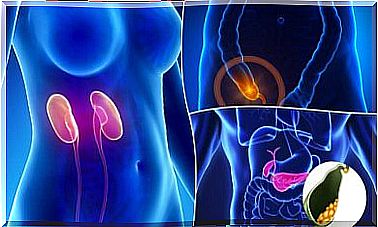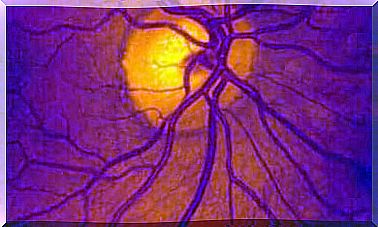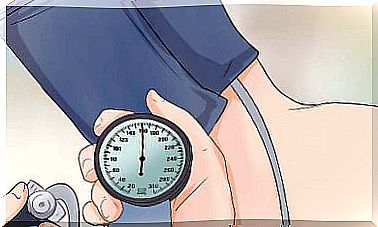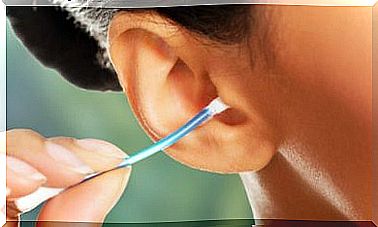Reasons For Dislocation Of The Jaw Joint
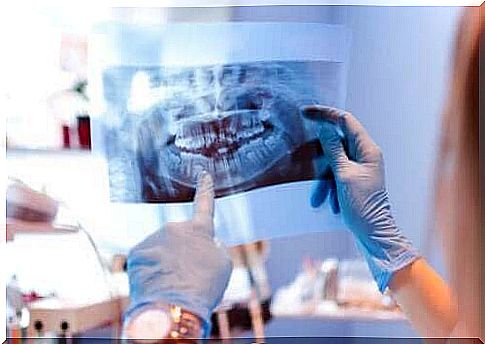
Have you ever experienced dislocation of the jaw joint? As a rule , the several tendons and ligaments in the jaw hold it in place. However, they can fail, leading to this disorder.
It occurs when one of the components of the joint, called a condyle, separates from the surface of the joint and moves over the temporal bone. It is very common for this displacement to take place towards the anterior part of the joint. However, it can move in any direction.
Reasons why a jaw can go out of joint
Before we dive into the possible causes of a dislocation of the jaw joint, it is important to keep in mind that it is not a common disorder. In fact, several studies claim that it represents only 3% of all dislocations. That is the primary reason why there is so much disagreement about its primary cause.
What we can say with certainty is that the causes will depend on the type of luxation. The most common cause of an acute dislocation is stroke minutes or hours before.
In this regard, situations involving a direct blow in this area can lead to dislocation of the jaw joint. However, do not rule out the possibility that this damage may occur spontaneously. It can thus stem from different situations, which involve opening the mouth a lot or having it open for a long time. For example, it could be:
- Yawn.
- Grinen.
- Vomiting.
- Dental treatments.
- Endotracheal intubation.
Chronic recurrent dislocation is another type of dislocation of the jaw joint. It is defined as a constant variation over time and involves wear of the components of the joint. In this case , the most common causes of a dislocated jaw are spontaneous.
Likewise, the jaw can easily go out of joint in people who cut teeth or have a mental illness. It is because of the constant effort that they expose the jaw to.
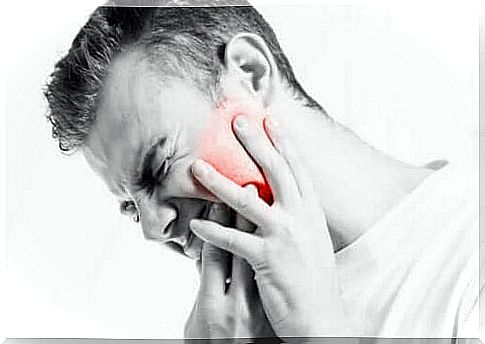
How to recognize dislocation of the jaw joint?
People with this injury often experience sudden pain in the jaw area, usually as a sting that restricts movement. In addition, the joint breaks when they try to move it.
In short, the two primary symptoms are pain and click from the joint. You may also notice a deviation of the jaw, either toward the healthy side or forward.
Many patients report not being able to close their mouth or gather their teeth in the upper and lower mouth. However, these signs may vary. It actually develops significantly in some patients in a few months because they do not feel any discomfort.
A doctor must use all the elements of the medical history to be able to make the correct diagnosis. In this regard, they should examine the characteristics of the pain and perform a careful physical examination of the joint. Often, X-rays will be needed to confirm this.
What is the treatment?
There are medical treatments available for dislocation of the jaw joint. You should therefore talk to a professional if you suspect you have this problem.
- In case of acute dislocation, it can be reduced with the Nelaton or Dupuis maneuver in most cases. They will vary depending on whether it is on both sides or only one side.
- Both maneuvers follow the same principle. A doctor will insert the thumbs into the oral cavity and place them on the lower cheek teeth. Then they will press down while trying to raise the jaw, which will create a negative pressure or tension which will get the condyle in place.
- In some cases, especially in stressed patients, it will be necessary to use anesthesia to perform this process. After performing the above maneuver, they may need a bandage to stabilize the area for a few days.
- In case of more severe acute or chronic recurrent lice injuries, surgical treatment may be necessary. However, the use of botulinum toxin has been shown to be helpful in avoiding surgery in certain cases.
- Lastly, physiotherapy will help regain the function of the joint. It is therefore recommended in case of chronic recurrent dislocations.
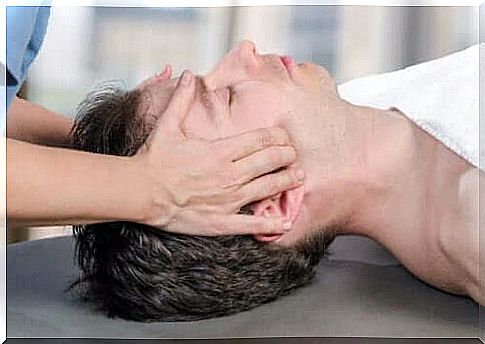
What to do in case of dislocation of the jaw joint?
This disorder is not as serious for health but can be quite bothersome and worsen one’s quality of life as it is difficult to perform its normal routine. The first thing to do, therefore, is to talk to a professional if you suspect dislocation of the jaw joint.
The above maneuvers and the right treatment with painkillers and anti-inflammatory drugs are the only way to treat the problem. Try to stay with the same doctor if it is a recurring problem so that they are aware of your case and can indicate the most appropriate treatment you should follow.




